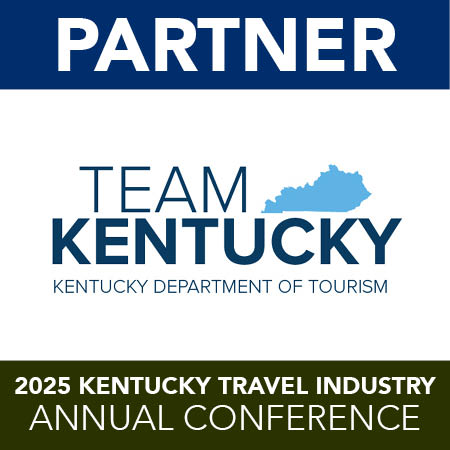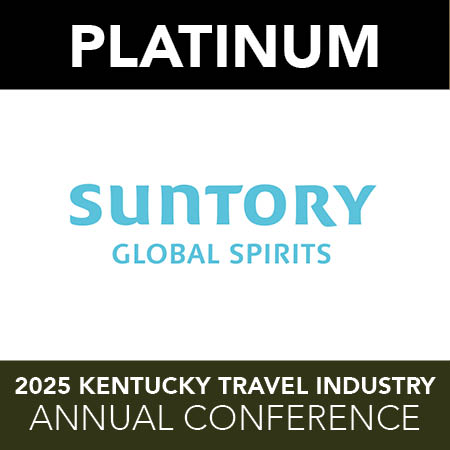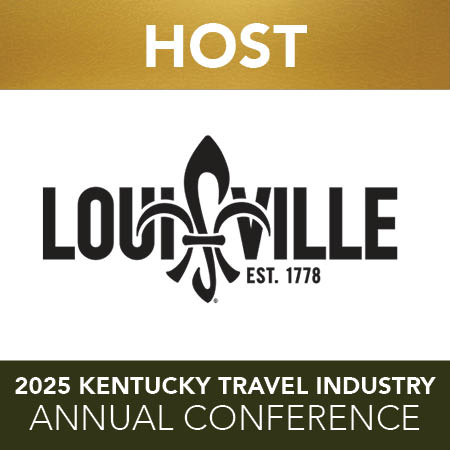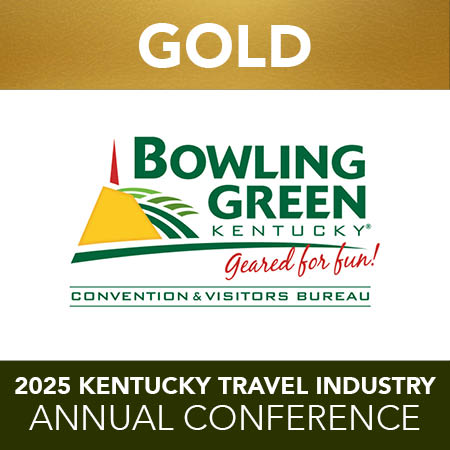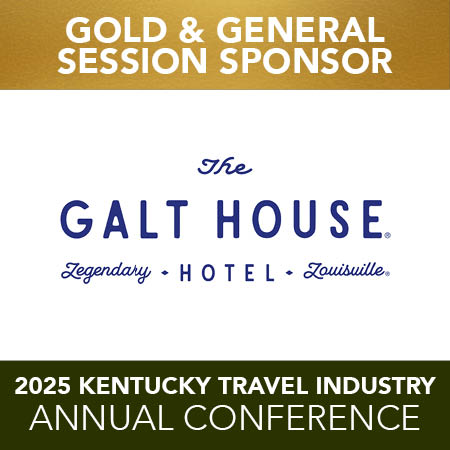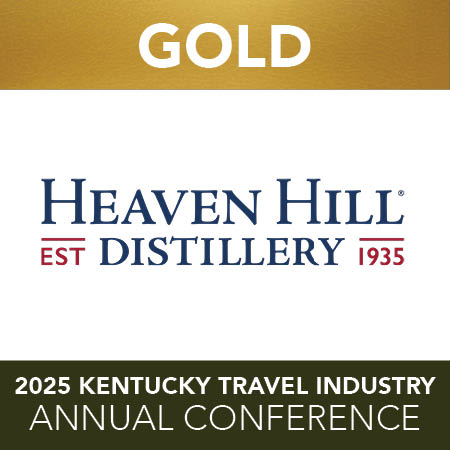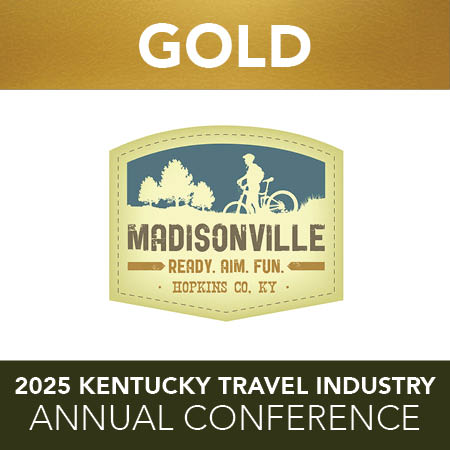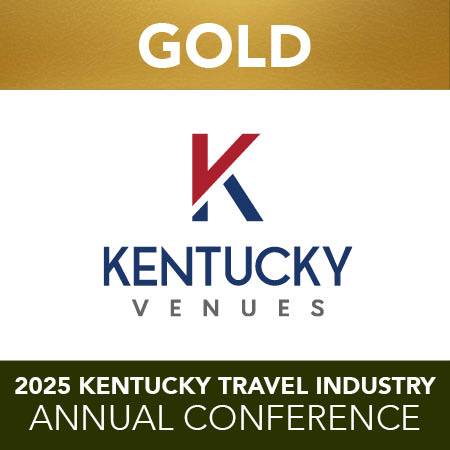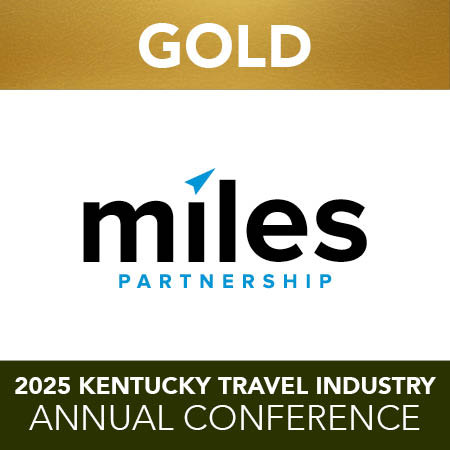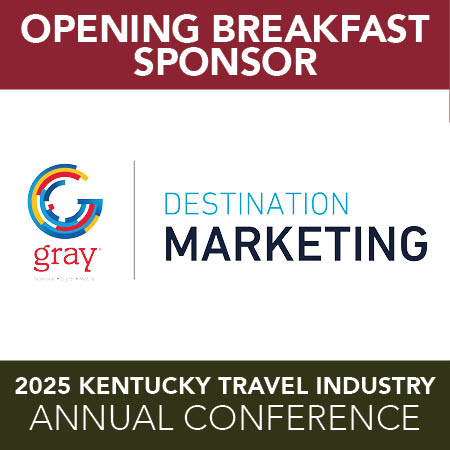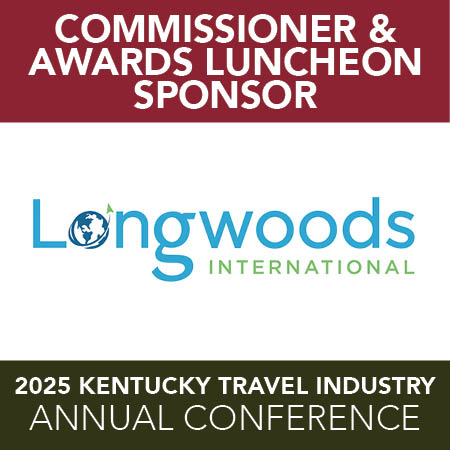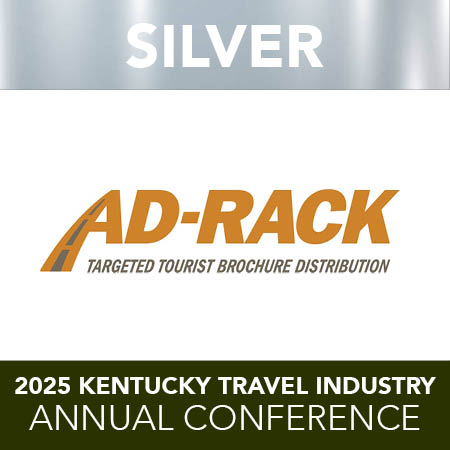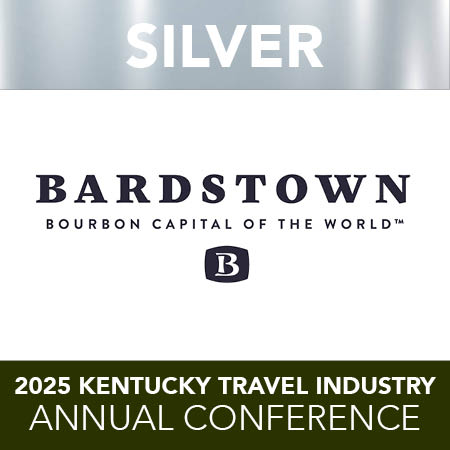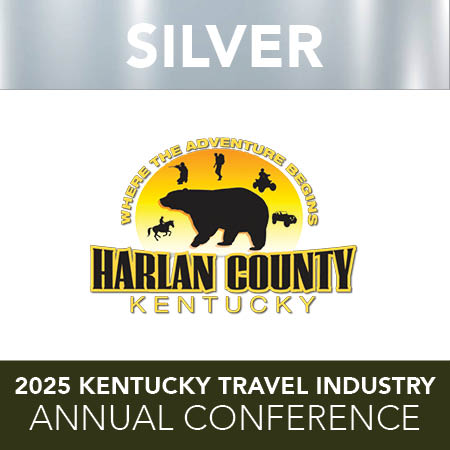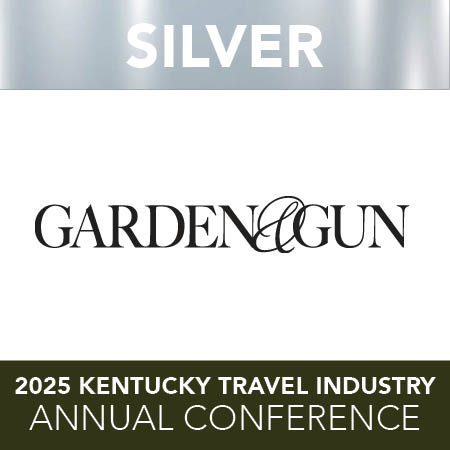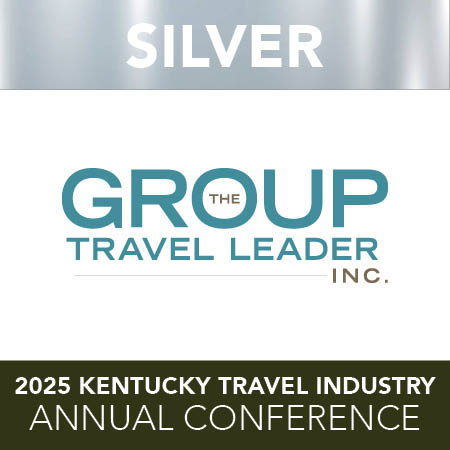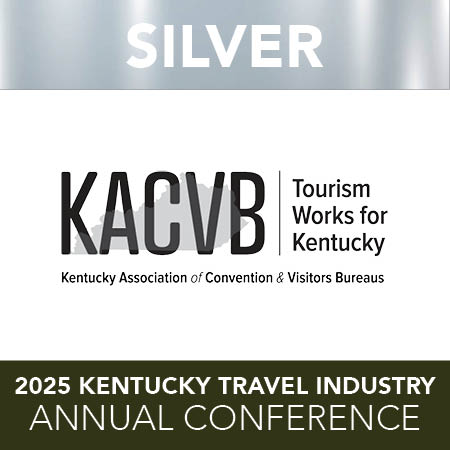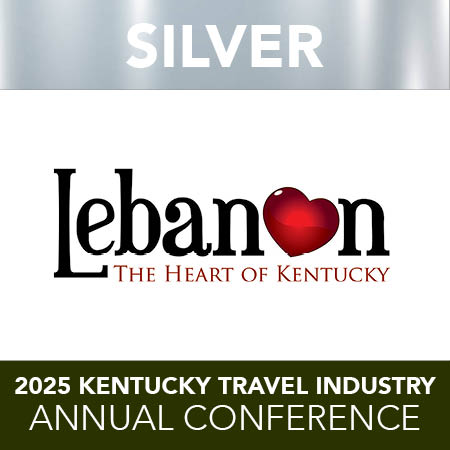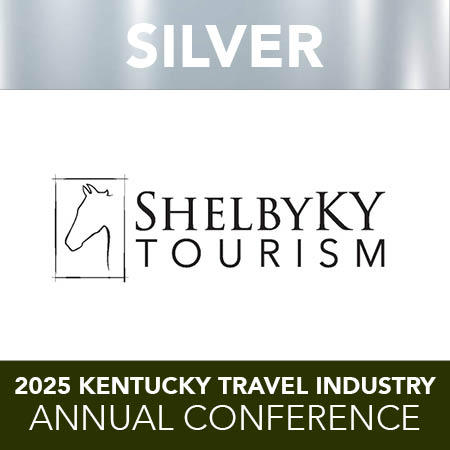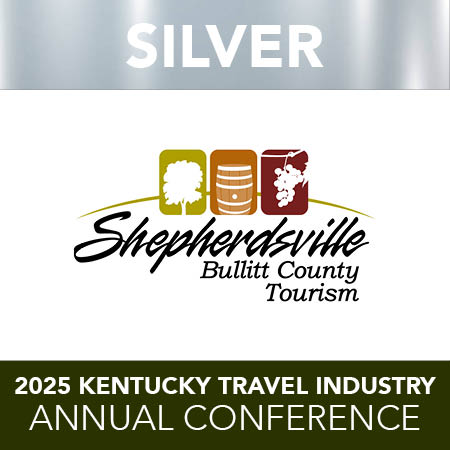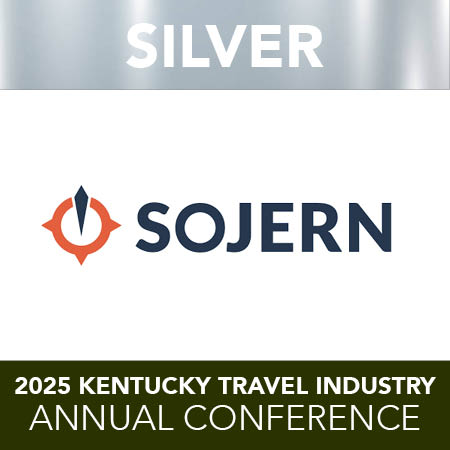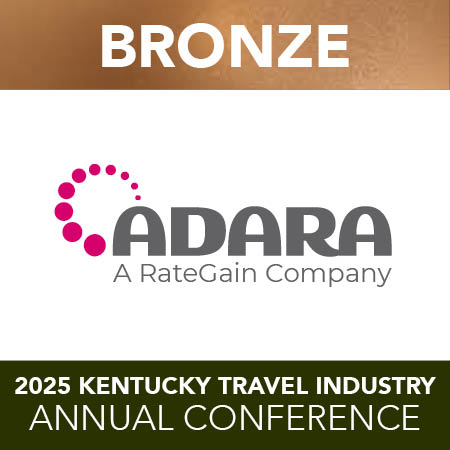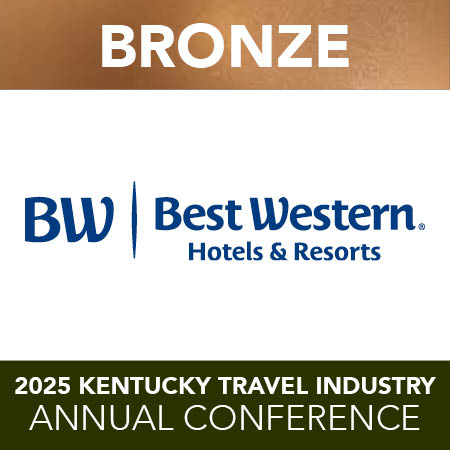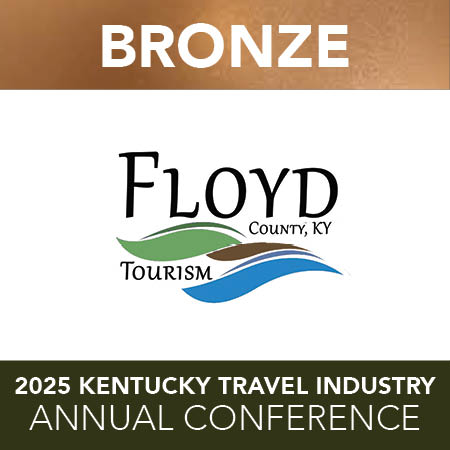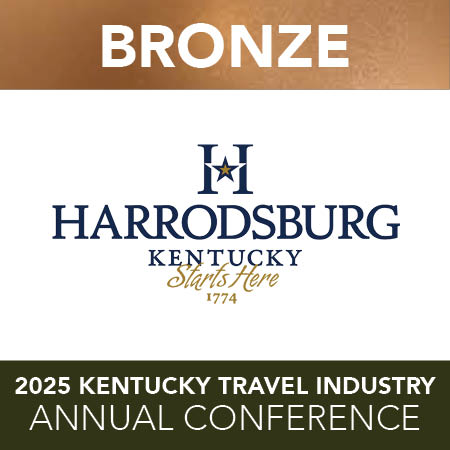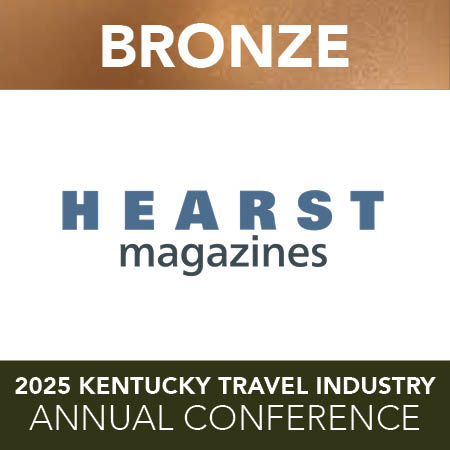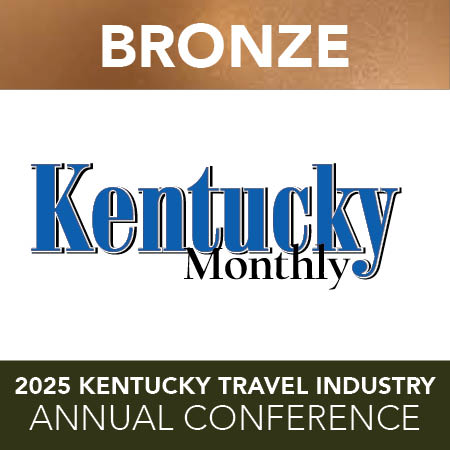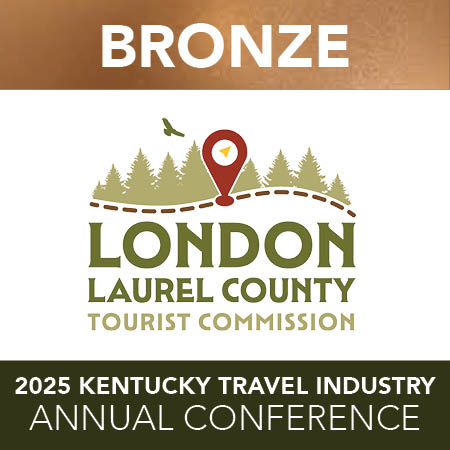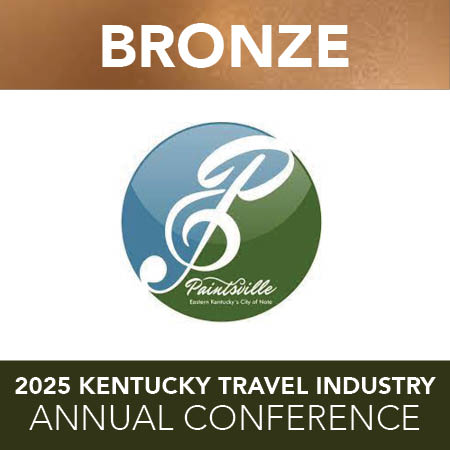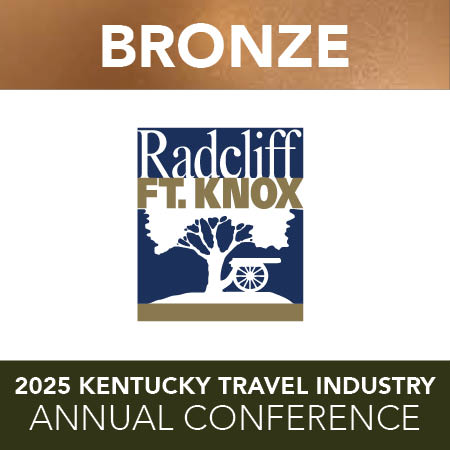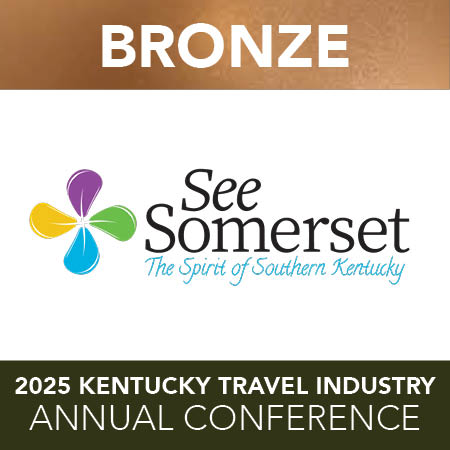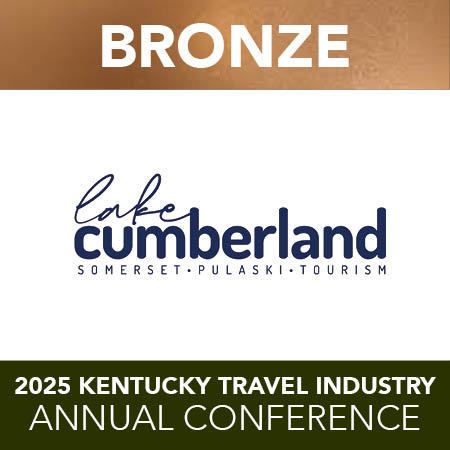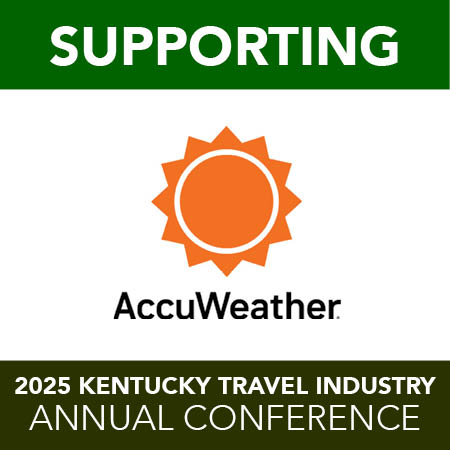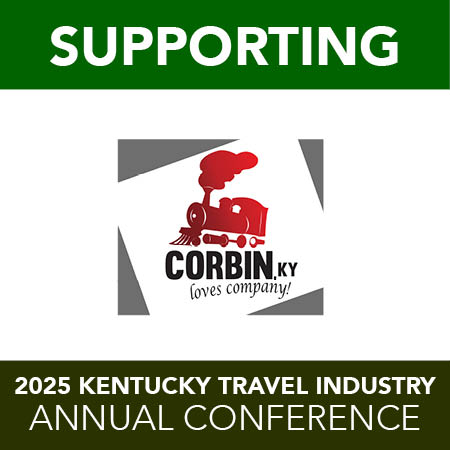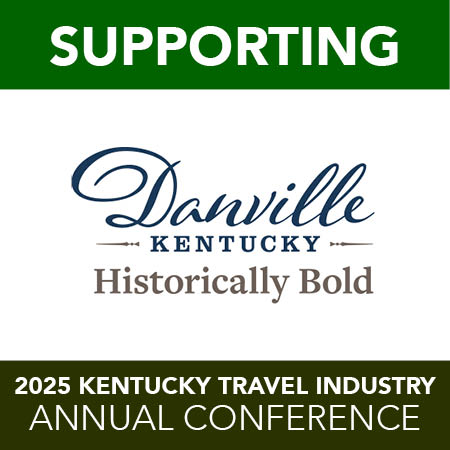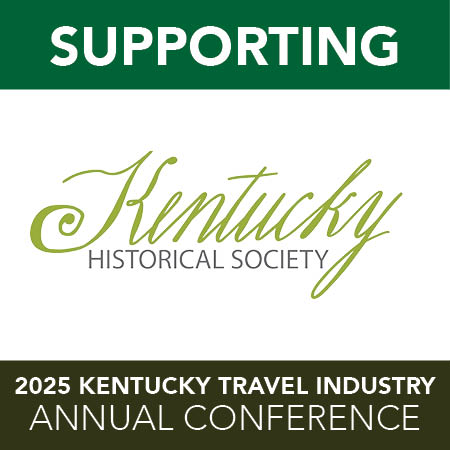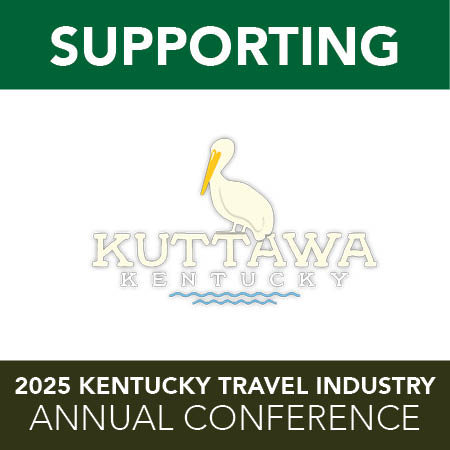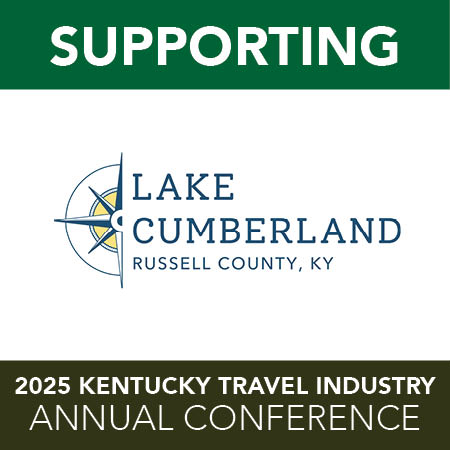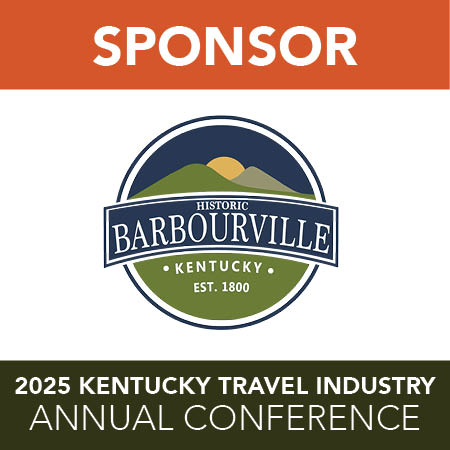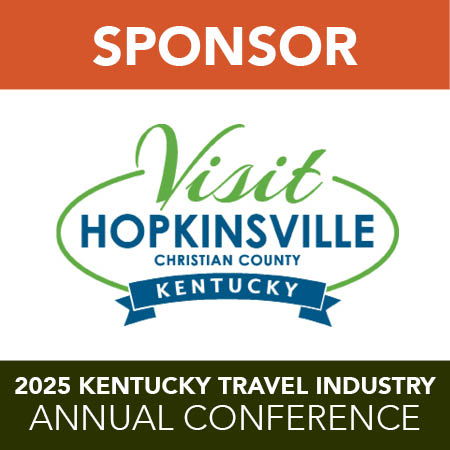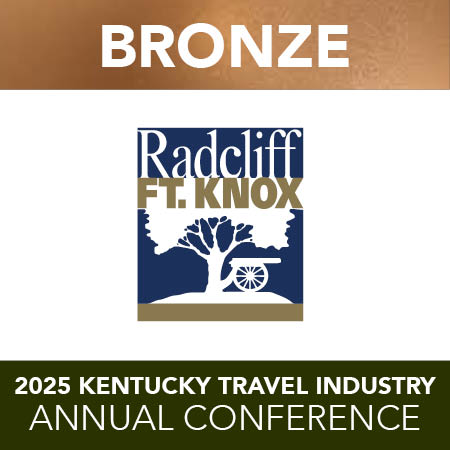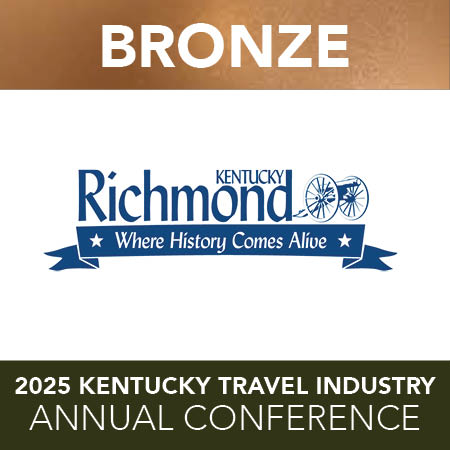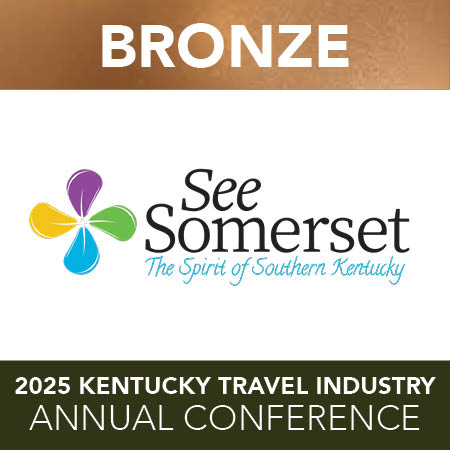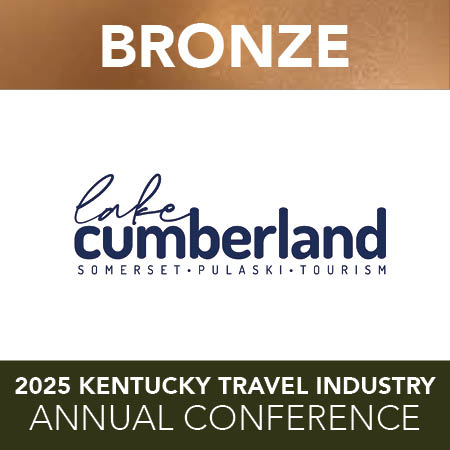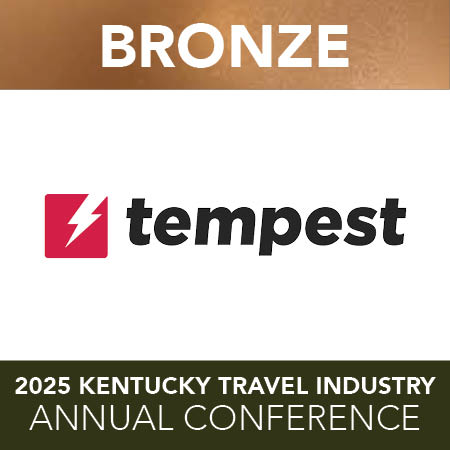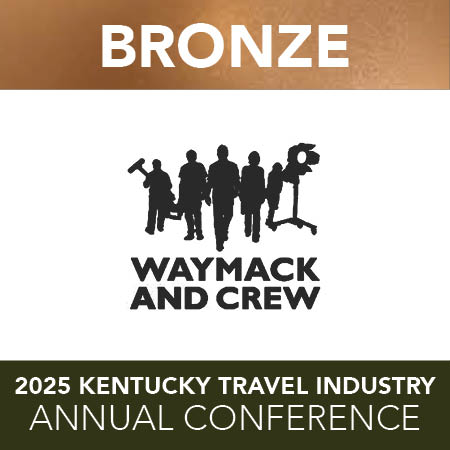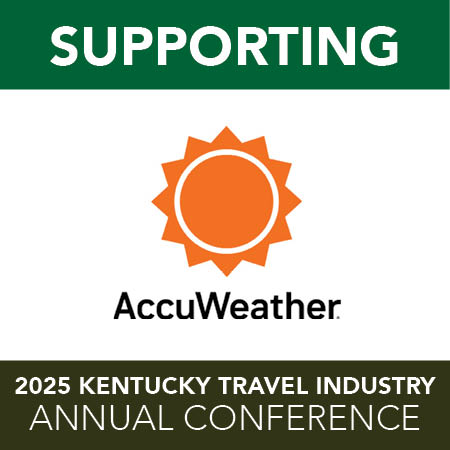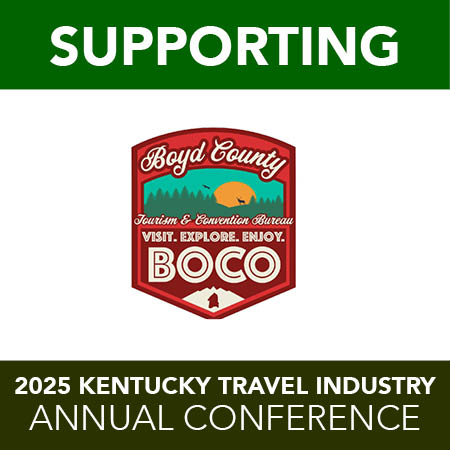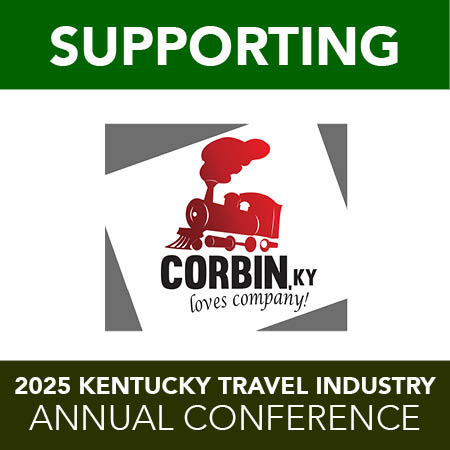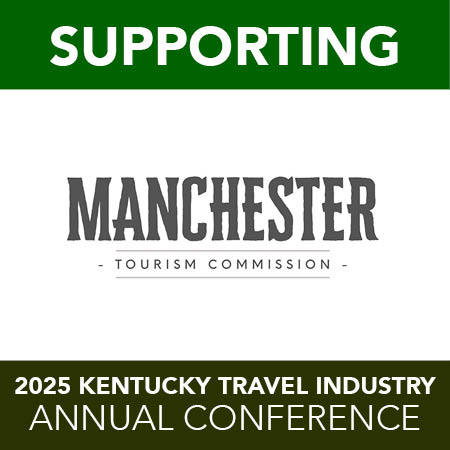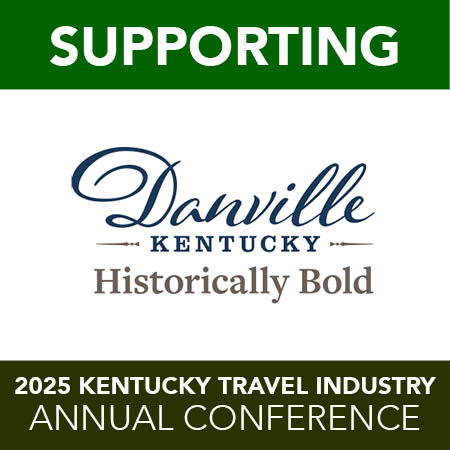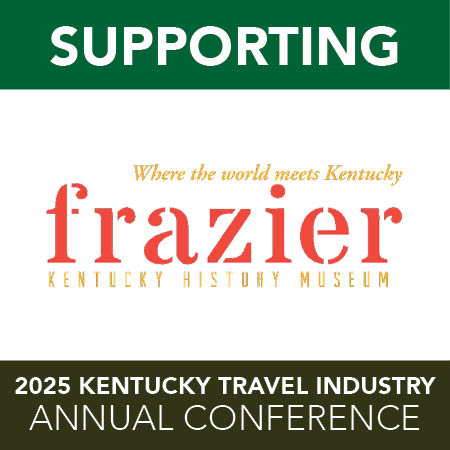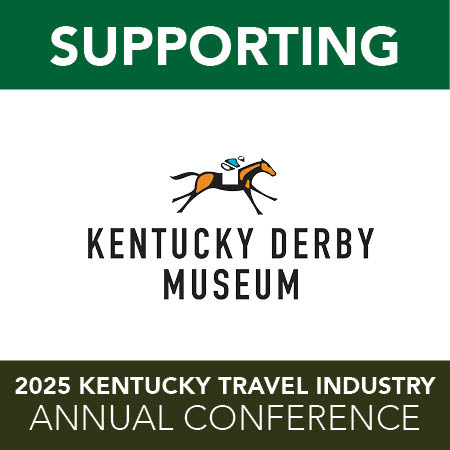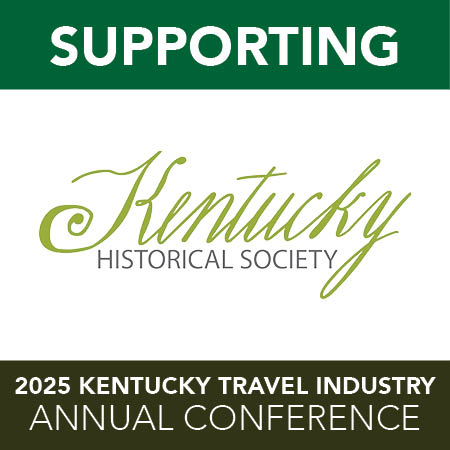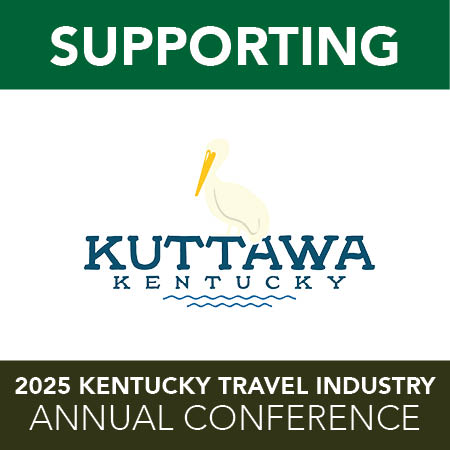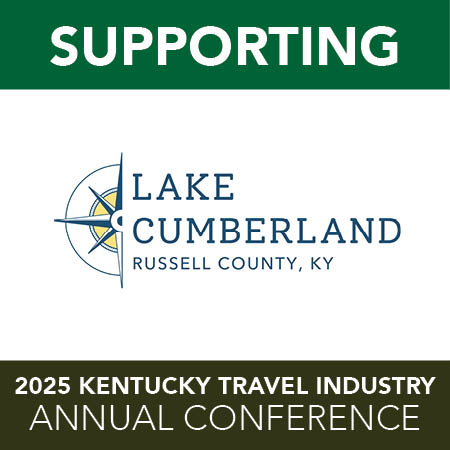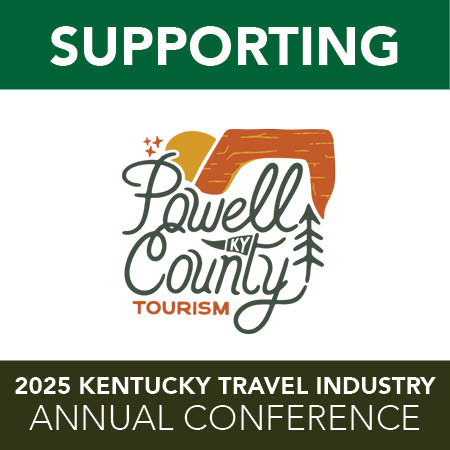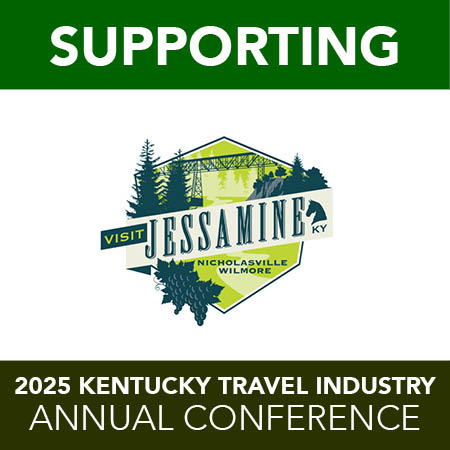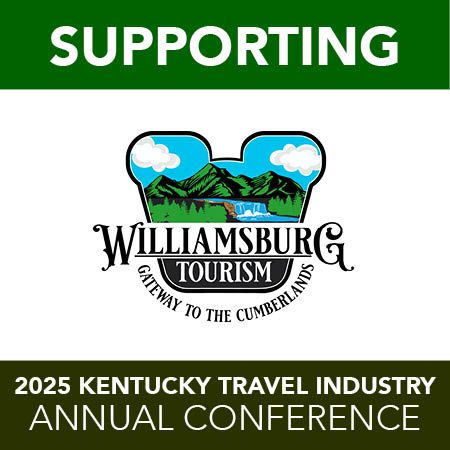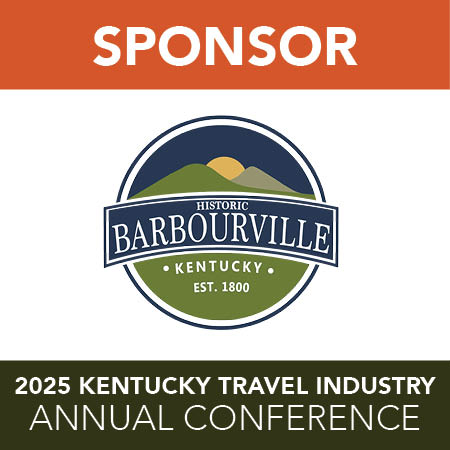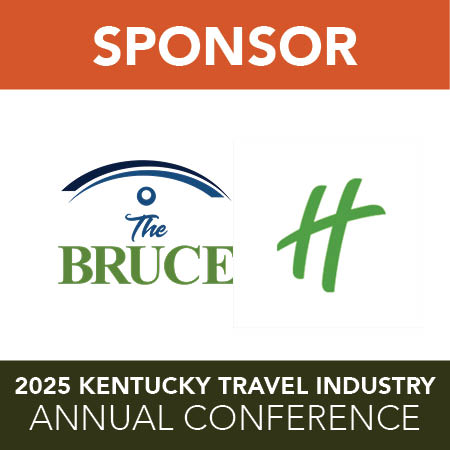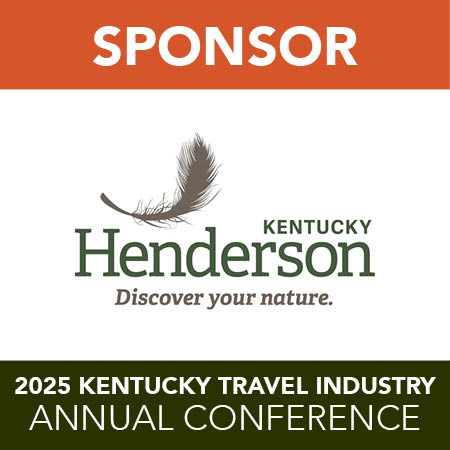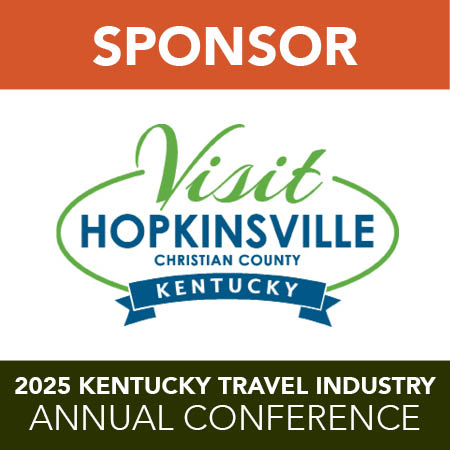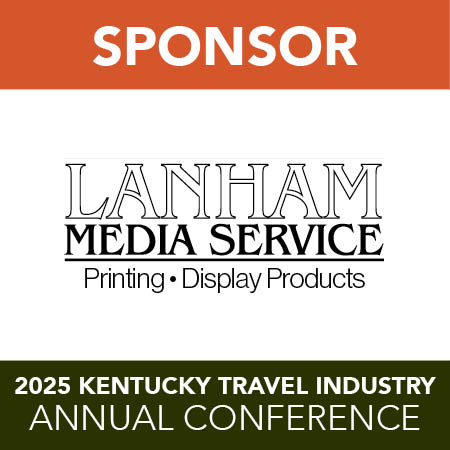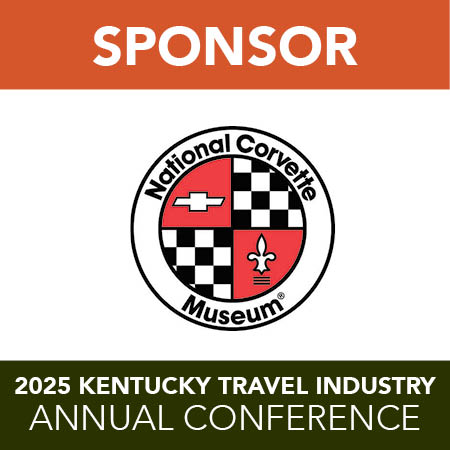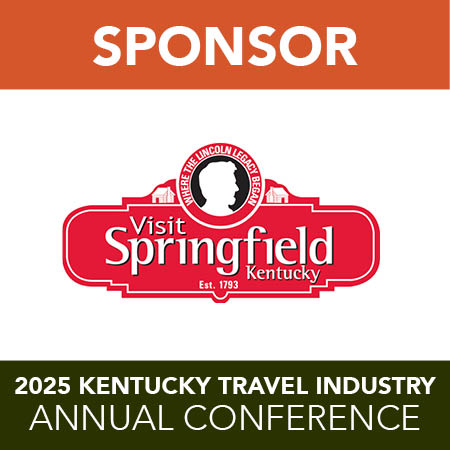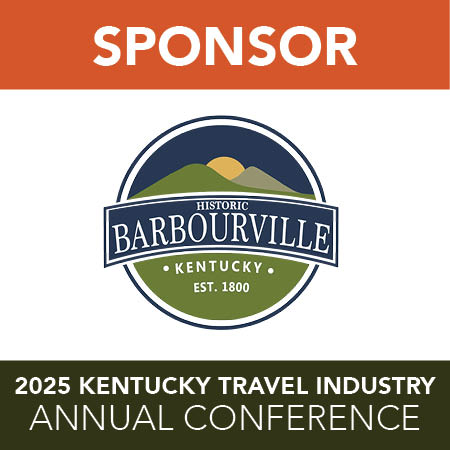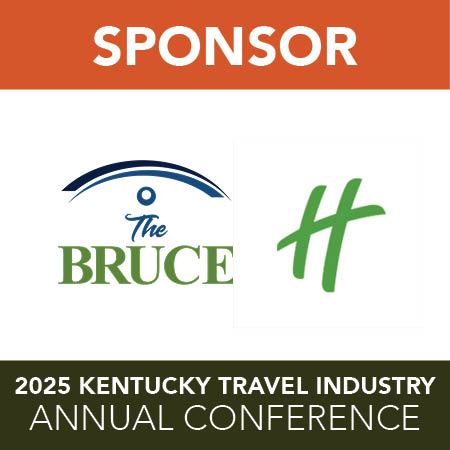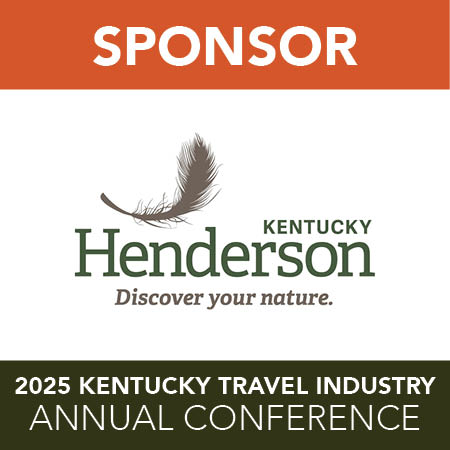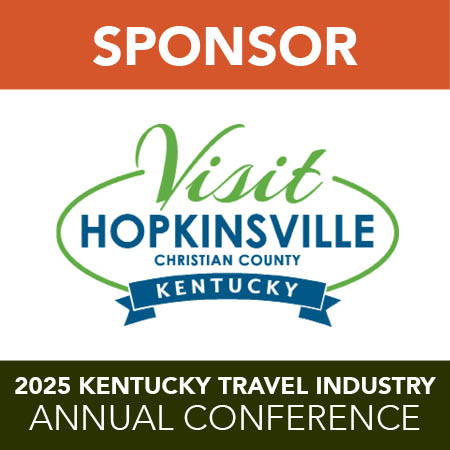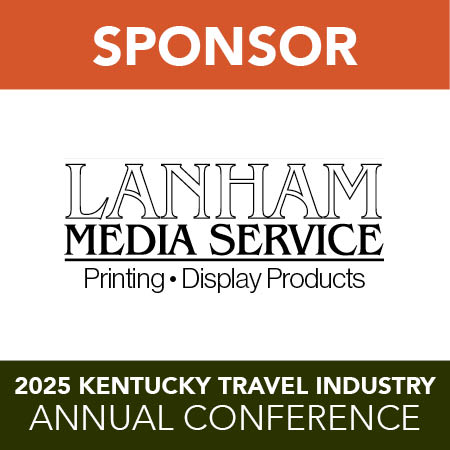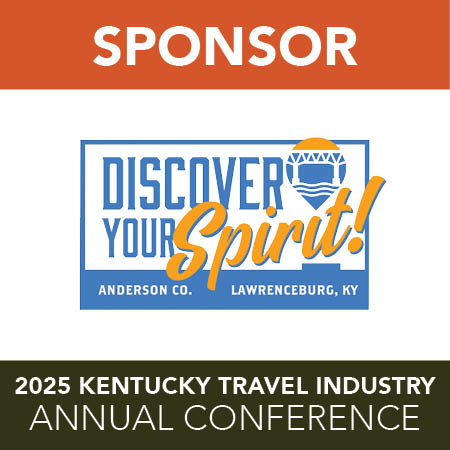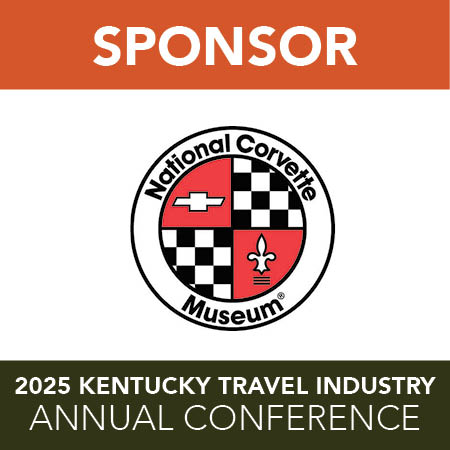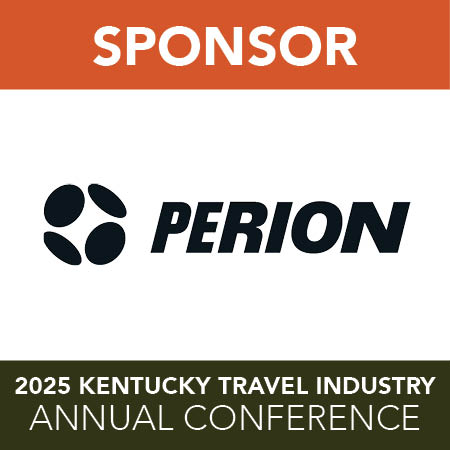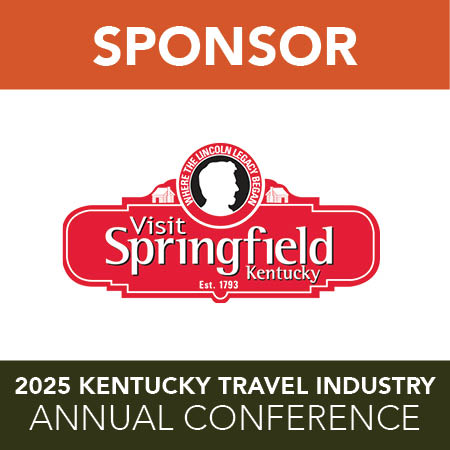|
KTIA Journal of Travel & Tourism
July 2022
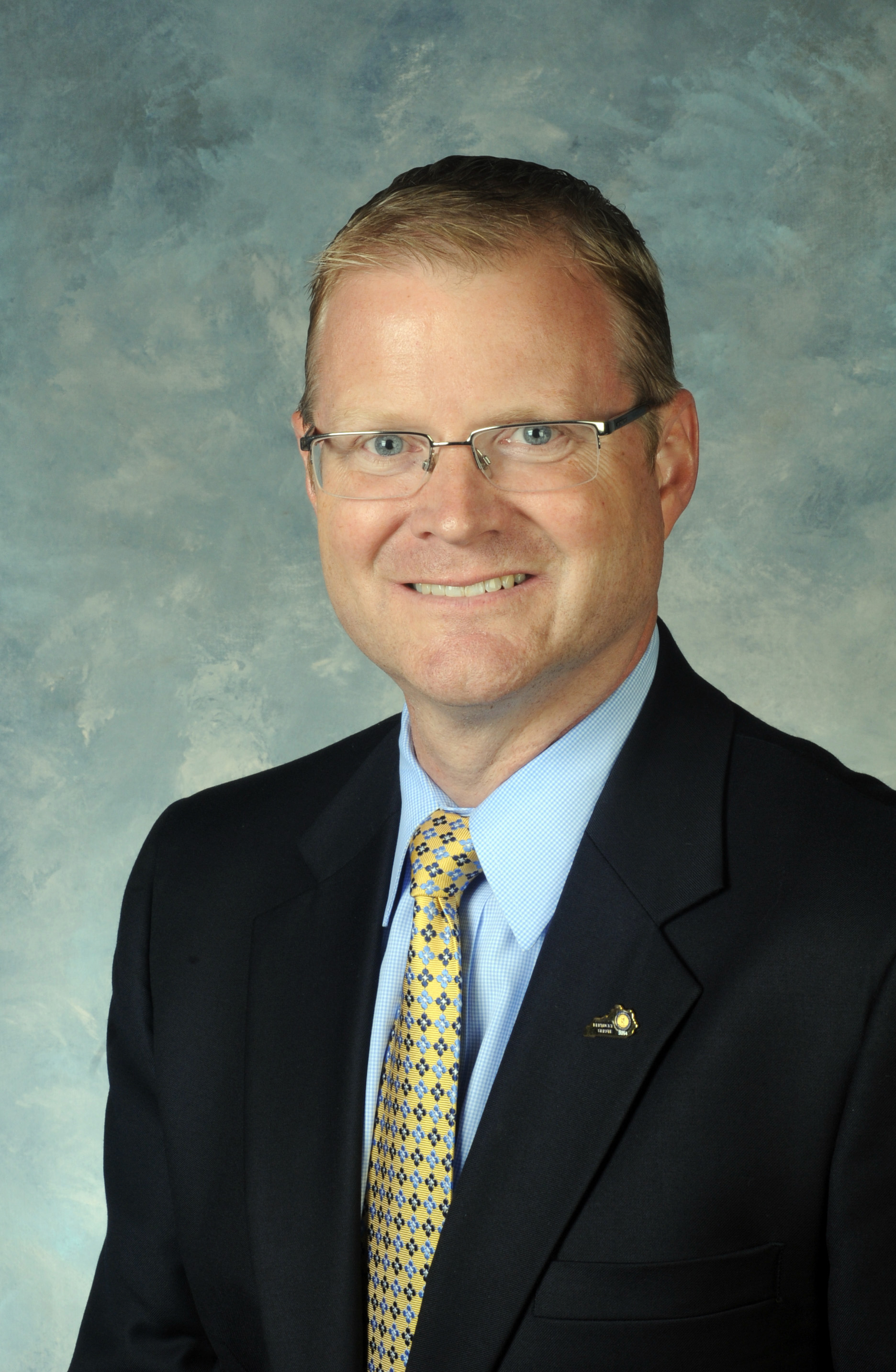 Senator Damon Thayer Kentucky Senate Majority Floor Leader
Damon Thayer (R-Georgetown) is Kentucky’s Senate Majority Floor Leader. He is the third Republican to serve as Majority Leader of the Senate and the longest serving Republican in that position.
Among several awards during his time as a Kentucky legislator, Senator Thayer is a recipient of KTIA’s Tourism Award for Legislative Leadership (TALL). He is a six-time recipient of the Kentucky Chamber of Commerce’s MVP Award; a two-time recipient of the Big Hitter Award, presented by the Kentucky League of Cities; and he recently became a two-time recipient of the Kentucky Distillers’ Association 100 Proof Award for his continued support of the bourbon industry.
As Majority Floor Leader, Senator Thayer helps guide bills through the legislative process on the Senate floor and acts as a key contributor in setting the policy agenda. In addition to his Senate Leadership committees, he serves on the Senate Agriculture Committee; Senate Licensing and Occupations Committee; and the Senate State and Local Government Committee.
First elected to the Kentucky State Senate in a 2003 special election, Senator Thayer represents the citizens of the 17th District, which encompasses Grant, Scott and southern Kenton Counties and 11 precincts in northwest Fayette County.
Senator Thayer graduated from Michigan State University in 1989 with a Bachelor of Arts degree in Communications. He is the President of Thayer Communications and Consulting LLC, a marketing communications firm in Georgetown, owner of Half Century Equine Ventures LLC, which participates in racehorse partnerships and is co-founder of Kentucky Senator Spirits LLC. Senator Thayer is a member of the Scott and Grant Counties Chambers of Commerce, the National Rifle Association, Kentucky Right to Life, the Scott County Farm Bureau, and is a Kentucky Colonel. He is the former Vice Chairman (1999-2004) of the Republican Party of Kentucky.
KTIA: You led the charge that resulted in the General Assembly’s appropriation of the $75 million in ARPA funds to Kentucky’s tourism industry. Why did you take such a visible and active leadership role?
Tourism took a hit due to COVID-19 and particularly from the failure to take into consideration what government actions would have on the economy and the industry. The federal government was going to print money and spend it and Kentucky got some of that. It was important to use it wisely and we did. We invested in broadband, water and wastewater infrastructure and avoided reoccurring expenses. Helping our tourism industry was important to me, especially given our two signature industries, horses and bourbon, and the plentiful natural blessings we have such as our central location, geography and more.
KTIA: $15 million of the appropriation is for the marketing of the state as a whole by the Kentucky Department of Tourism, with the remaining $60 million dedicated in different ways to local tourism commissions. Obviously, you value the work of tourism commissions. Why?
The General Assembly always values local input and control. We have a strong tourism industry and Kentucky deserves to be marketed to the world, but to do that effectively, we need the people on the ground leading the way to promote our local parks, historic sites and cities. Their voices are the most credible and I trust their leadership and ability to make the most of those dollars.
KTIA: As a native of Michigan (and as you say, “a Kentuckian by choice!”) you have often talked about the importance of tourism marketing of the state as demonstrated by the effectiveness of Michigan’s ‘Pure Michigan’ campaign. Please share your views on the importance and value you place on tourism marketing of Kentucky.
My background is in communications and marketing. It’s what I know and what I enjoy. The value of marketing is tried and true. Look no further than what the most successful and biggest name companies do on a regular basis. Millions of dollars are spent to purchase airtime during the Kentucky Derby and the Super Bowl for a reason.
You can have the best product in the world, but if the world doesn’t know about it, does it really matter? You have to sell your product, and Kentucky’s products are its signature industries, natural beauty, geographic location, state parks and its people. What’s not to love? Marketing what we have to offer is easy. There’s no reason why people should be traveling through Kentucky to visit Gatlinburg when we have so much to offer here.
KTIA: By any standard, $75 million is a lot of money, which in turn means that accountability in the use of those funds is a priority consideration. What advice and even cautionary points would you like to share with the industry in regard to accountability?
You have an obligation to the taxpayer. That needs to matter in consideration of all you do with the funds they have made possible. We are public servants. Don’t take that for granted and do all you can to make the most of taxpayer dollars.
My friend and colleague, Senate Budget Chair Chris McDaniel, who I share part of Kenton County with, often says every dollar in revenue is the product of a taxpayer who put forth an effort and traded their time to generate. When you think about it like that, it’s easy to operate with care, caution and respect for the money available to us to use to benefit the people and the state.
KTIA: Even at normal funding levels, and most assuredly with the influx of the ARPA funds, tourism commissions sometimes encounter pressure to spend funds on initiatives that although well-meaning for a destination’s residents, may hold little or no tourism value in attracting visitors. That pressure can come from local organizations and sometimes from local governments. What advice do you have for tourism commissions in dealing with these types of situations?
Conduct a cost benefit analysis. Let the facts guide you. You can’t always be people pleasers. Give consideration to all and evaluate ideas thoroughly, but at the end of the day you have an obligation to do what is best and what will yield the greatest benefit for all involved.
KTIA: The $75 million appropriation was advocated by both you and KTIA as a transformational investment. What sorts of Kentucky tourism transformations would you like to see resulting from the investment?
I’ll mention three.
The first is our signature industries – the bourbon and horse sectors – and to build upon those and drive more visits to those regions.
A second is recreational tourism in Eastern Kentucky. There is no reason people should go to Tennessee when we have the beautiful Appalachian Mountains of Eastern Kentucky.
A third is my hope that we can achieve a breakthrough in traveler consciousness about the diversity of experiences they can have in Kentucky. In my district alone, we have the Ark Encounter and Creation Museum. And we have Keeneland and the Kentucky Horse Park along with other horse–related attractions. And we have multiple bourbon distilleries.
That attraction diversity exists throughout the entire state with places like Land Between the Lakes of west Kentucky and the National Quilt Museum in Paducah; the Corvette Museum in Bowling Green and nearby Mammoth Cave National Park; Owensboro’s Bluegrass Music Hall of Fame & Museum; and the lake region of southeast Kentucky. Factor in our historical attractions and the diversity of rural, small town and urban experiences.
All of that and a lot more I haven’t mentioned makes Kentucky a tourism treasure chest. I hope we can cut through all the marketing noise and clutter from other states and plant our treasure chest firmly in the minds of travelers.
KTIA: The 2022 General Assembly was a good session for tourism. Certainly, the ARPA appropriation was the headline, but also bourbon experiences were enhanced, short term rental platforms will be required to pay the transient room tax and the 1% statewide transient room tax did not suffer reductions by line-item appropriations. Please offer your thoughts on those developments as well as any others from the session that were relevant to tourism.
Pari-mutuel wagering tax bill - HB 607 – stabilized the tax rates on horse races, allowing Kentucky to grow its national market share.
KTIA: Related to the previous question, but from a broader perspective, how would you characterize the progress the tourism industry has made in recent years in helping legislators understand the value of tourism to the Commonwealth?
The most notable progress I’ve noticed has been the increase in local tourism commission folks and tourism businesspeople directly engaging with their legislators. That was especially apparent in the efforts with the $75 million appropriation.
Local people explaining tourism’s value in a local context to their legislators is essential in continuing to move the collective legislative needle. That needle still has a lot of room to move, so even more industry people need to get onboard with those contacts. Also, it can’t be one and done. The contacts need to be ongoing and not just in regard to a single issue. And they become especially important when a legislative seat changes due to elections.
KTIA: What suggestions can you offer to the tourism industry to maintain the momentum of the 2022 session for 2023 and beyond?
Continue valuing our tourism industry and everyone connected to it, whether it be out of enjoyment or as their profession. We have lawmakers who we still need to convince to see the significance of our signature industries. I hope more will open their eyes to how important it is to Kentucky.
KTIA: What is your most memorable personal trip and why?
The older I get, the more I view myself as a traveler and adventurer. I just returned from two weeks in England and Ireland, which for me as a lover of horses and music was definitely an adventure. I went to the Royal Ascot and made visits to a variety of equine destinations and attractions in both countries. And while in Ireland, I was able to take in an Eagles concert. As it turned out, the band was staying at my hotel, so I got to meet Joe Walsh. Tourism folks know the importance of experiences and the memory of those experiences. That trip, up to and including my new friend Joe, was a fantastic experience that I’ll never forget.
|

